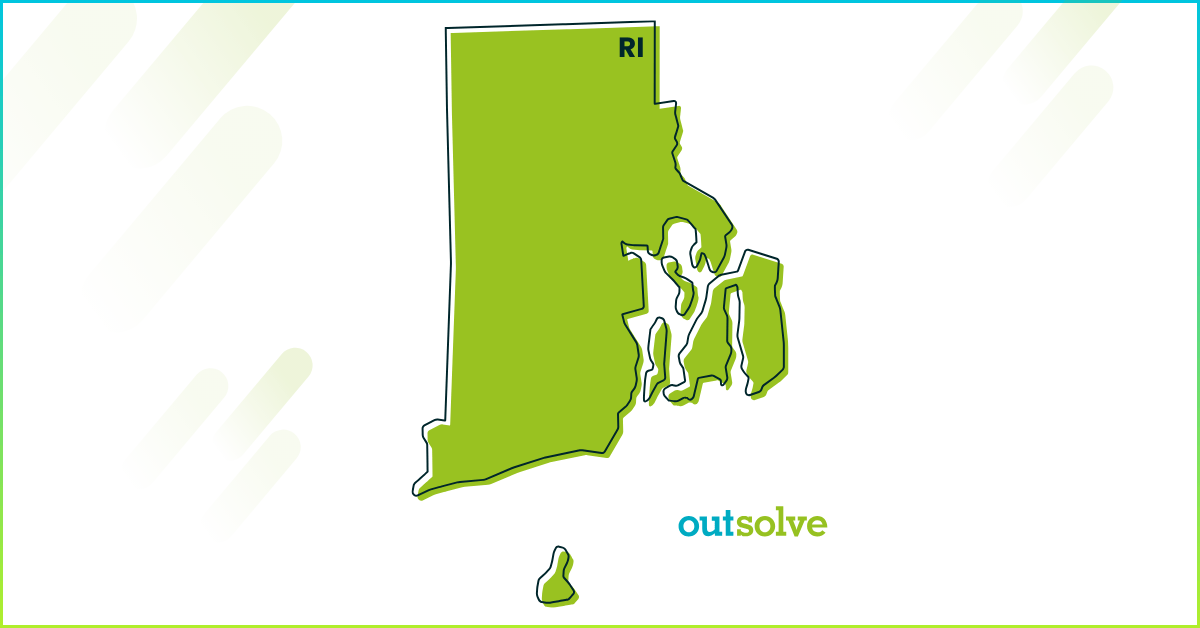New tool will allow requesters to initiate new FOIA requests and appeals
The Freedom of Information Act (FOIA) allows individuals the right to request access to federal government records. On February 1, 2021, the EEOC will begin using a new software system to receive and process Freedom of Information Act requests and appeals. Requesters will be able to monitor their requests and appeals online and exchange communications and documents with the agency electronically. Annually, the EEOC receives about 16,000 FOIA requests.
On the existing FOIA E-Library Index webpage, the following items are posted: (1) FOIA library certification, (2) agency reports including annual reports, statistical reports, National Enforcement Plan, etc. (3) policy and regulatory documents, (4) communications from the Offices of Federal Operations; Communications and Legislative Affairs; Field Operations; Legal Counsel; General Counsel, Chief Financial Officer; and Research, Information and Planning, (5) forms, and (6) publications.
Starting on February 1, 2021, requesters can initiate a new FOIA request using the 2021 system at https://eeoc.arkcase.com/foia/. Requests made prior to February 1st can be viewed using the Public Access Link through March 12th. Additionally, EEOC will accept FOIA requests and appeals via U.S. mail, email at FOIA@eeoc.gov, and by facsimile. The FOIA Service Center can be reached at (202) 663-4500 or (202) 663-7026 (TTY) or by contacting the FOIA Public Liaison at (202) 663-4634.
OutSolve’s Insight
Enacted in 1966, the Freedom of Information Act (FOIA) is intended to provide access to the records of Executive Branch agencies of the Federal government. Both the EEOC and the OFCCP have a “FOIA reading room”, where they make available what they believe are materials most in-demand by FOIA requesters.
Materials not available in this manner must be requested specifically. Typically, individuals or organizations send a written request to an agency, which, under the FOIA, is obligated to respond within certain time frames. The EEOC has streamlined the process somewhat, so that requests for materials may be made and progress tracked, online. It remains the case, though, that any request for the production of materials under the FOIA must be carefully crafted, so that the agency cannot find a reason to tell you that the record does not exist. For example, if you ask for a copy of a memorandum, and the actual document is not a memorandum, some agencies may feel perfectly free to tell you that there is no such document.
Founded in 1998, OutSolve has evolved into a premier compliance-driven HR advisory firm, leveraging deep expertise to simplify complex regulatory landscapes for businesses of all sizes. With a comprehensive suite of solutions encompassing HR compliance, workforce analytics, and risk mitigation consulting, OutSolve empowers organizations to navigate the intricate world of employment regulations with confidence.
Weekly OutLook
Featured Posts

5 Key Compliance Items HR Can’t Afford to Ignore

HR Compliance Checklist: What Every HR Pro Needs to Know
Related Posts

What You Need to Know About the Rhode Island Pay Transparency Law
Pay transparency continues to gain traction at the state level, and Rhode Island is no exception. Let’s dive into the details of how this law works...

Legal Series: How to Balance Transparency with Confidentiality in Executive Compensation
This article is part of an ongoing legal series designed to provide insight and practical guidance on current and emerging workplace compliance...

Federal Contractor Data from 2016-2020 EEO-1 Consolidated Reports to Be Posted on OFCCP’s Website
After several years of litigation, the Office of Federal Contract Compliance Programs (OFCCP) will be posting federal contractor EEO-1 race/ethnicity...
.png)
